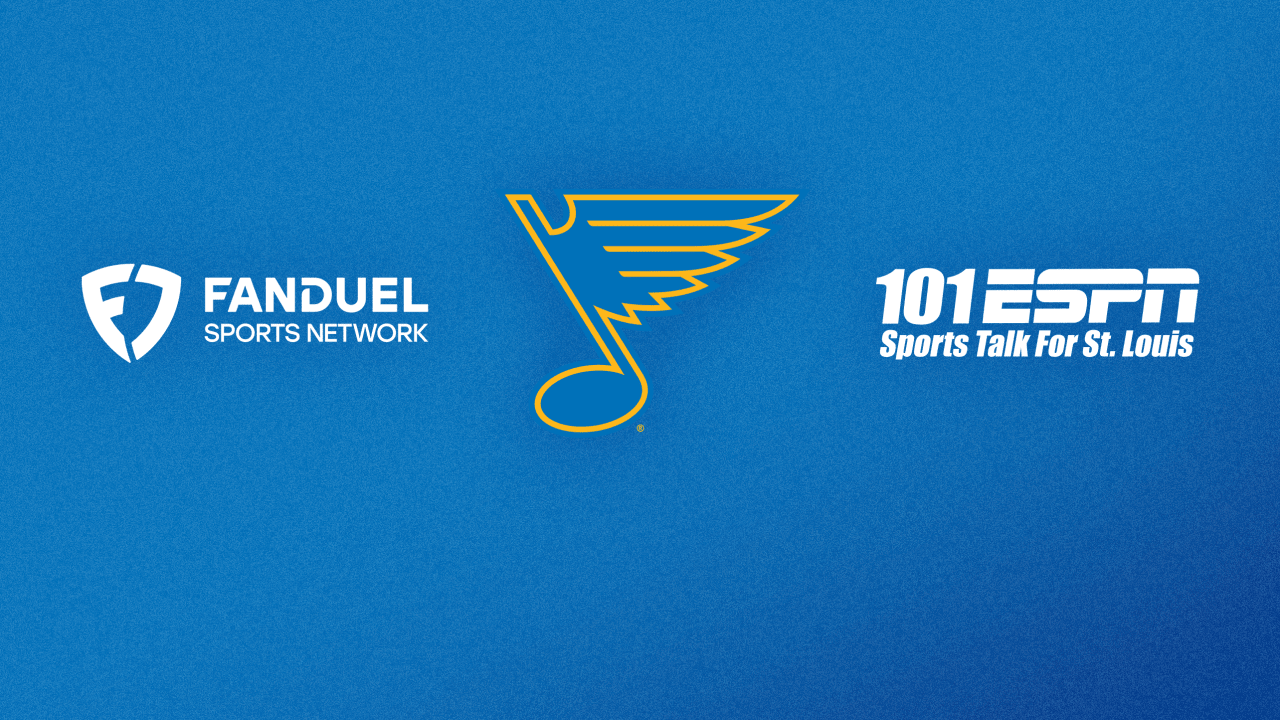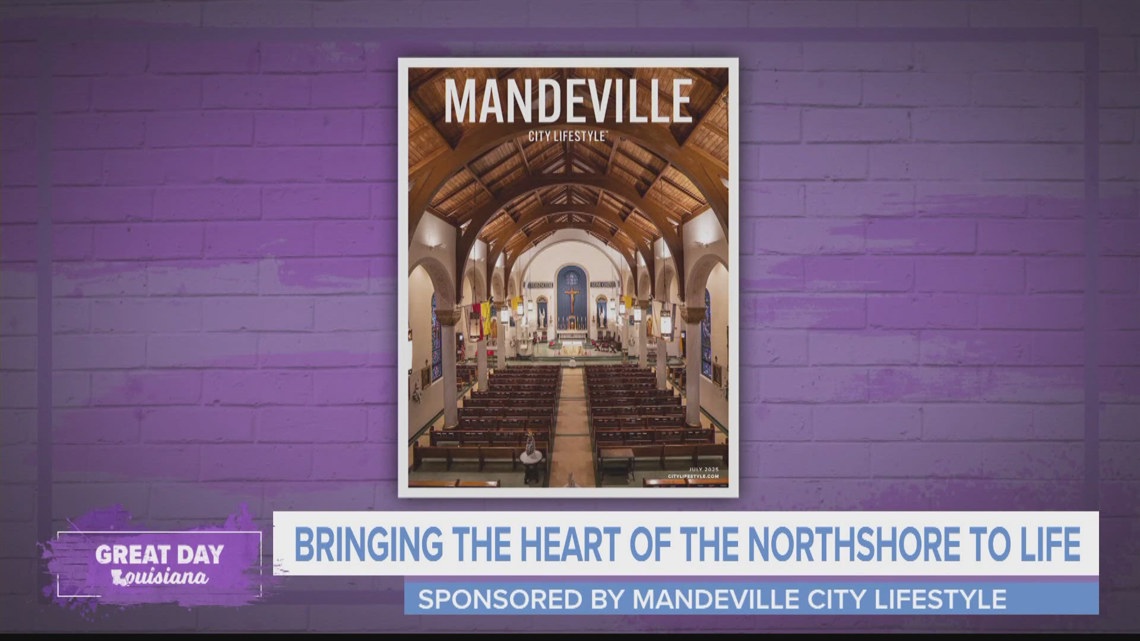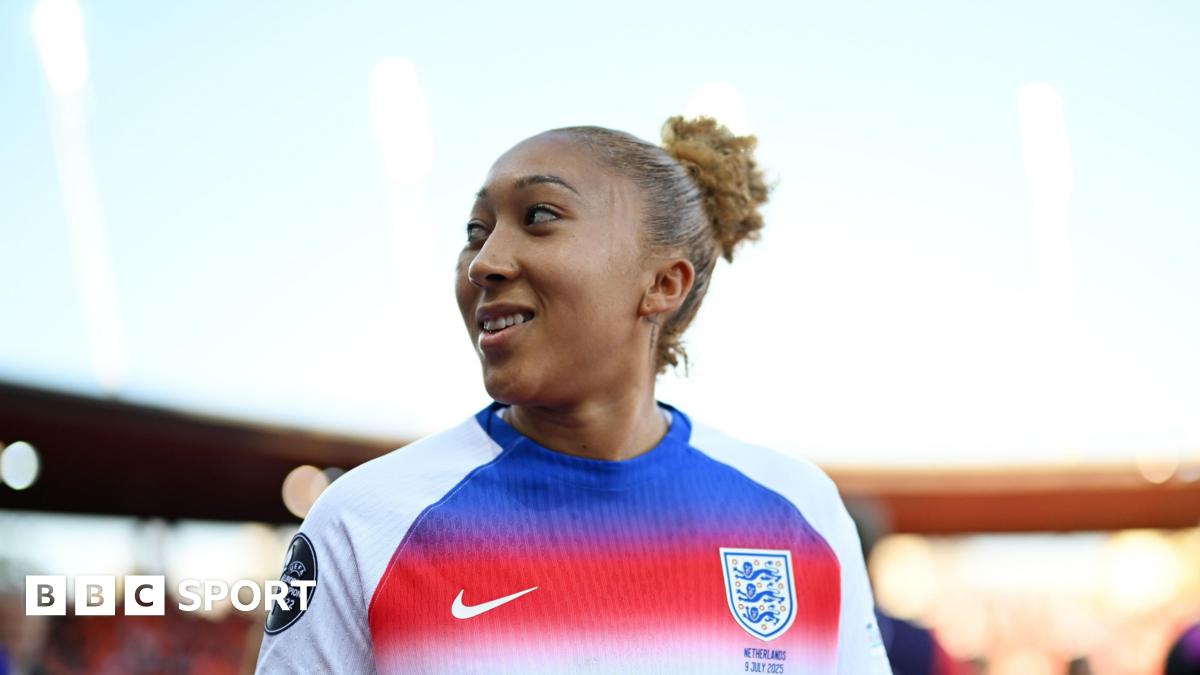A bill designed to end ambiguity surrounding name, image and likeness (NIL), establish professional guidelines for agents and protect collegiate leagues from antitrust lawsuits received a strong endorsement from a bipartisan group of nine congressional representatives Thursday.
The Student Compensation and Opportunity through Rights and Endorsements (SCORE) Act, which was introduced in the Energy and Commerce subcommittee, prevents athletes from obtaining employee status. But in many ways, the act is the first step in establishing a bill of rights for athletes.
It officially ends any administrative restrictions to athletes’ NIL compensation within limits, but it allows schools and conferences to establish what is — and isn’t — permissible. Should the federal legislation pass, it would override current state NIL laws, which vary from border to border.
“College athletics are a vital part of American culture, and it’s clear — from both student-athletes and universities — that a national framework is long overdue,” Florida Republican Gus Bilirakis, who chairs the House Committee on Energy and Commerce, said in a statement. “(The SCORE Act) delivers the stability, clarity and transparency that stakeholders have been calling for.”
The bill guarantees each school can share up to 22 percent of the average annual college sports revenue from the 70 highest-earning institutions with athletes, which was established last month in the House settlement. For athletes, schools are required to provide legal advice pertaining to NIL plus support for financial literacy, taxes, academics, substance abuse and sexual violence prevention.
In addition, the bill requires schools to furnish medical care, including all out-of-pocket expenses for injuries incurred for at least three years following graduation or program separation. Schools are also required to guarantee financial aid to athletes wishing to return to school to obtain a degree after leaving the institution before graduation.
“Student-athletes have consistently asked for meaningful reform — and this legislation is a step toward delivering on that request,” NCAA senior vice president of external affairs Tim Buckley said in a statement. “The NCAA has made long-overdue changes, mandating health and wellness benefits and ushering in a new system for Division I programs to provide up to 50 percent of athletic department revenue to student-athletes, but some of the most important changes can only come from Congress.
“This bill reflects many student-athletes’ priorities, and the NCAA is committed to working with Congress to build a bipartisan path forward that ensures the long-term success of college sports and the ongoing opportunities they provide to young people.”
The multilayered, 30-page bill defines an agent “as a non-family member who represents athletics for NIL or other financial agreements.” Any agent not registered “may only assist” athletes with endorsements and must receive written consent for such assistance. The bill calls for a 5 percent cap on agent compensation.
With compliance, conferences are exempt from antitrust lawsuits. The bill allows for the conferences to establish and enforce rules that require athletes to disclose NIL contracts. In turn, it empowers conferences through the College Sports Commission to require athletes to disclose third-party NIL deals worth more than $600. The CSC, which is known as NIL Go, could also reject those deals.
“As the mom of a DI athlete, I’ve seen firsthand how important — and how long overdue — it was to allow our student-athletes to earn their fair share,” Congresswoman Janelle Bynum (D-OR) said in a statement. “The NIL marketplace in college sports is currently operating like the Wild Wild West. This legislation takes important steps towards adding guardrails that guarantee that all student-athletes can earn fair compensation, access a complete and quality education, and develop the skills they need to succeed in life after sports.
If ratified and signed, the bill would go into effect on July 1, 2026.
(Photo of the U.S. Capitol: Drew Angerer/ Getty Images)
Scott Dochterman is a staff writer for The Athletic covering national college football and the Big Ten. He previously covered Iowa athletics for the Cedar Rapids Gazette and Land of 10.









 English (US) ·
English (US) ·